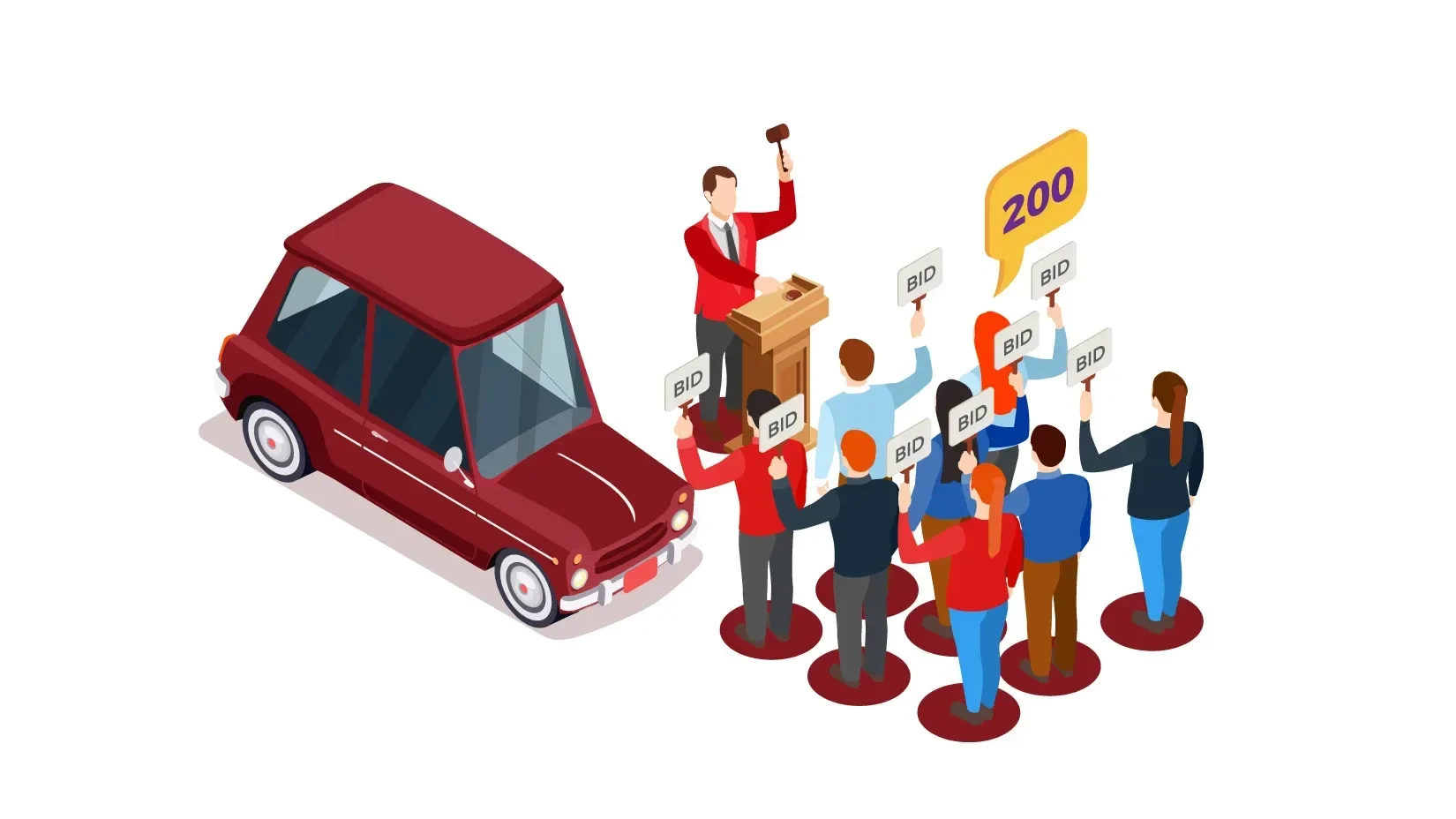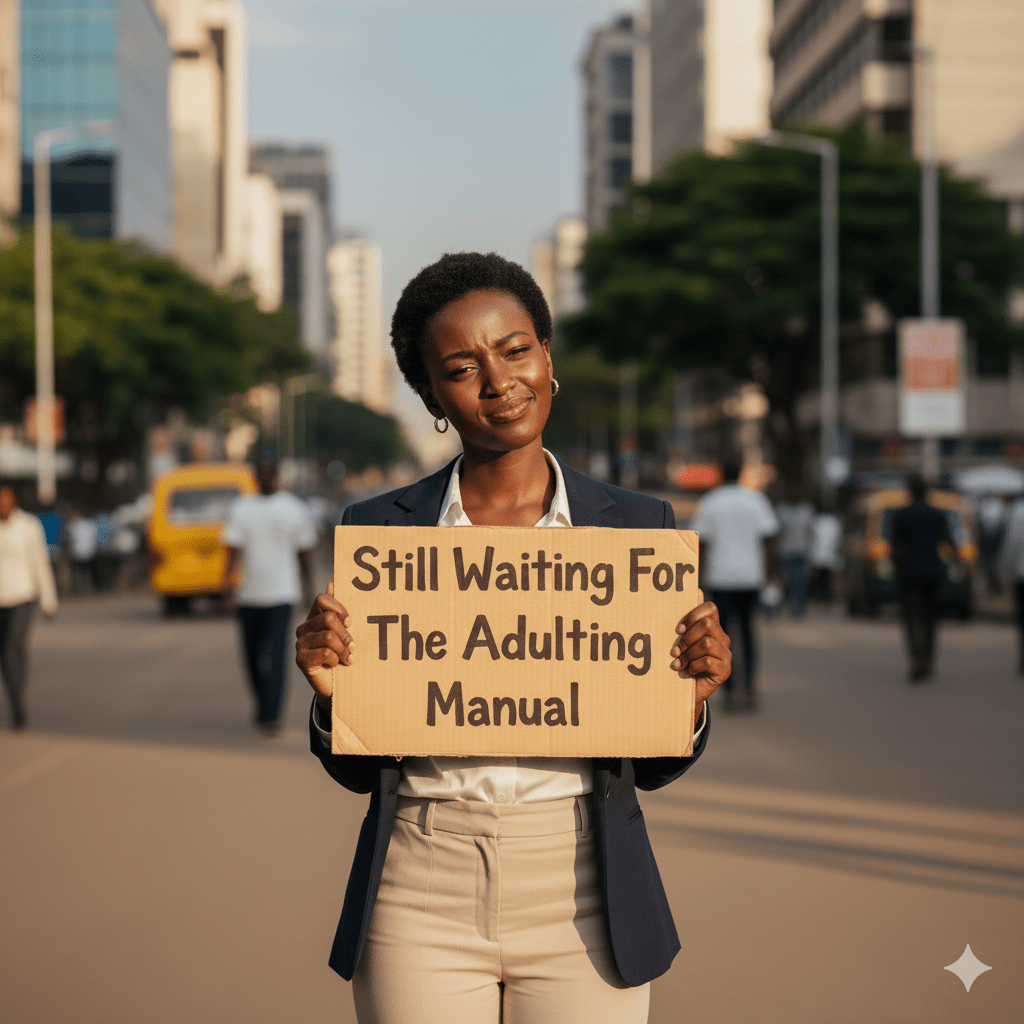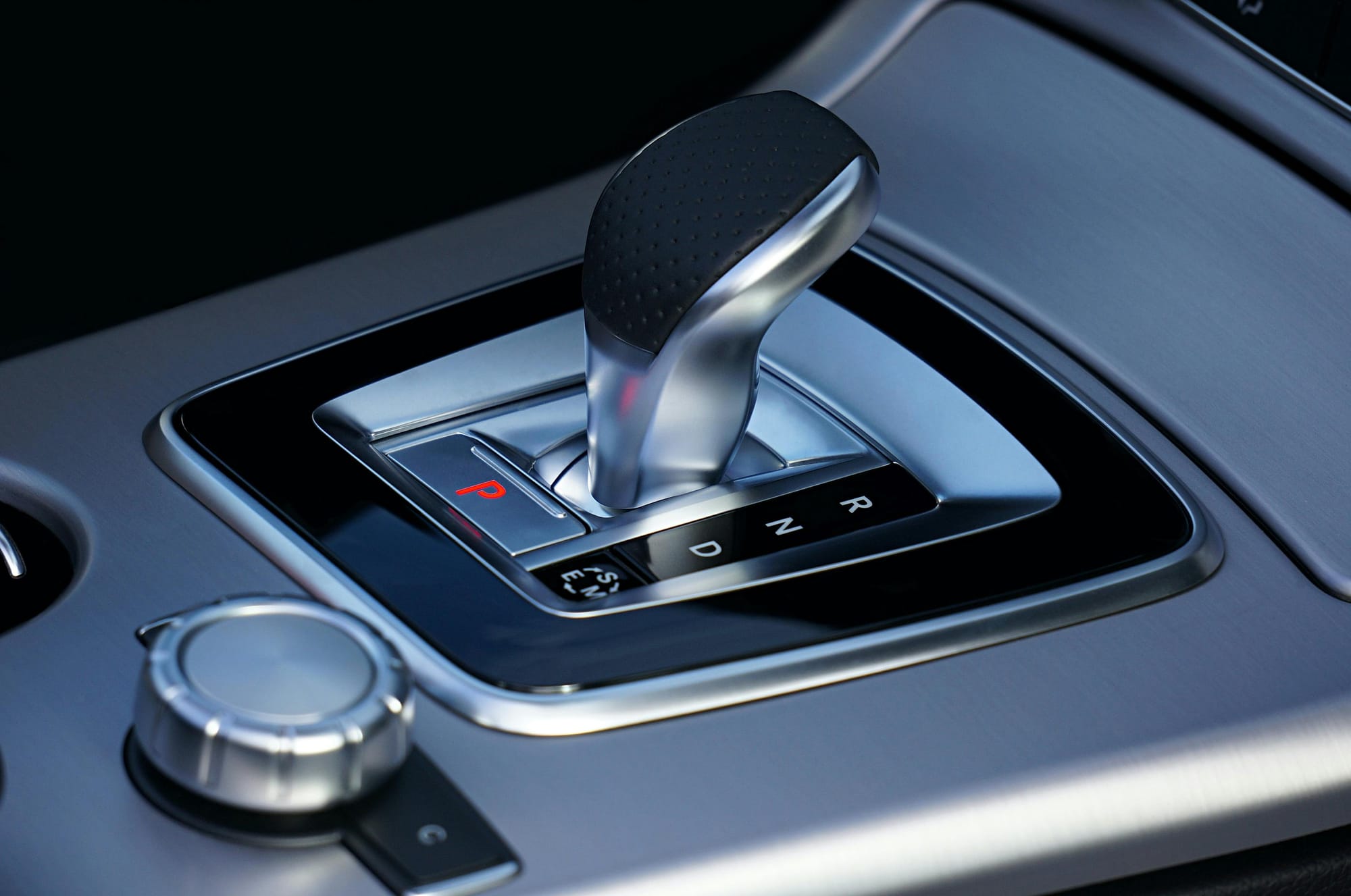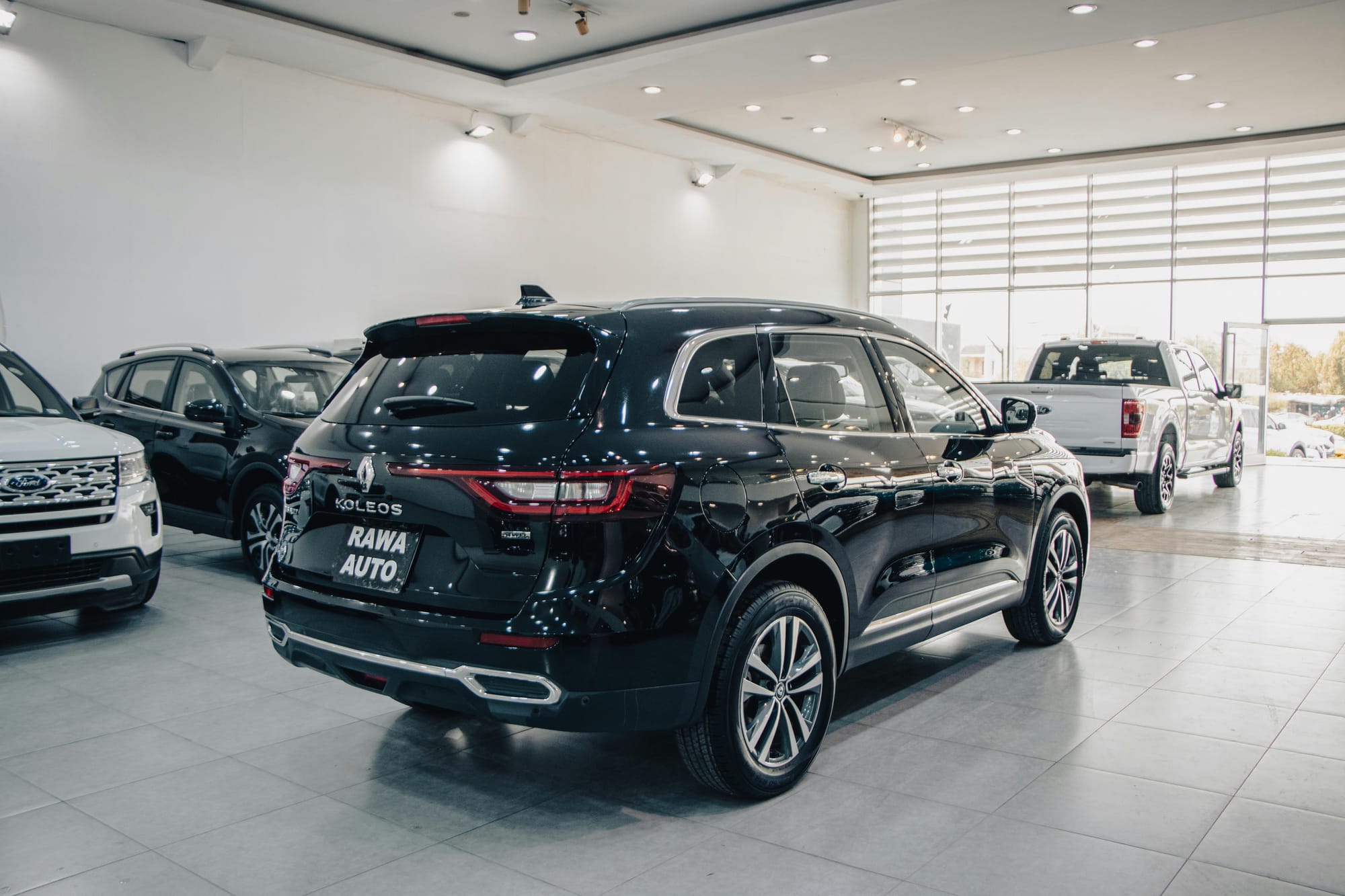What to Look Out for When Buying a Car at an Insurance/Bank/Government Auction in Kenya

Purchasing a car from an auction in Kenya can be a great way to get a vehicle at a discounted price, but it also comes with its share of risks. Whether it's a government, insurance, or bank auction, each has its unique dynamics. This guide will help you navigate the process, avoid common pitfalls, and provide
essential tips for success.
Table of Contents
- Introduction to Car Auctions in Kenya
- Pitfalls of Government vs Insurance vs Bank Auctions
- Best Practices to Follow During Auctions
- Checklist for Success at Car Auctions
- How to Find Government, Bank, and Insurance Auctions in Kenya
- Car Assessments to Perform Before Bidding
- Conclusion
1.Introduction to Car Auctions in Kenya
Car auctions in Kenya are held by various entities, including government agencies, insurance companies, and banks. These auctions are typically for repossessed, impounded, or accident-damaged vehicles that are sold at lower prices than the open market. Here’s what each auction type usually entails:
- Government Auctions: Often involve vehicles that have been confiscated, impounded, or have outlived their usefulness to a government agency.
- Bank Auctions: These involve repossessed cars from borrowers who have defaulted on their loans.
- Insurance Auctions: Cars in these auctions are often those that have been declared a total loss by insurance companies after accidents or other incidents.
2.Pitfalls of Government vs Insurance vs Bank Auctions
While car auctions can offer bargains, they come with risks specific to each type of auction. Here are some common pitfalls to watch out for:
2.1 Government Auctions
- Lack of Maintenance History: Government cars may not come with a complete service history, making it hard to gauge how well the vehicle was maintained.
- Auctioned "As-Is": Government vehicles are sold "as-is," meaning you take full responsibility for any repairs after the sale.
- Longer Depreciation Cycle: Government vehicles tend to be older, so they may require more frequent repairs.
2.2 Insurance Auctions
- Accident-Damaged Cars: Insurance auctions often feature vehicles that have been in accidents. Some may have structural damage that isn't immediately apparent.
- High Repair Costs: These vehicles may be sold cheaply, but repairs could be expensive. In some cases, the cost of repair could exceed the value of the car.
- Incomplete Repairs: Some cars may have had partial repairs done to make them drivable for the auction, which might hide significant damage.
2.3 Bank Auctions
- Repossessed Vehicles: These vehicles may not have been well-maintained, as previous owners were likely struggling financially before the vehicle was repossessed.
- Unsettled Disputes: There could be outstanding legal disputes, such as unpaid debts, tied to the vehicle.
- Time Pressure: Bank auctions often happen quickly, leaving you little time to assess the condition of the car thoroughly.
3.Best Practices to Follow During Auctions
To maximize your chances of success and avoid getting a bad deal, it’s essential to follow these best practices:
3.1 Do Your Homework
Before the auction day, research the cars that will be available. Check their current market value, expected repair costs, and availability of parts in Kenya.
3.2 Set a Budget
Have a clear budget in mind and stick to it. Auctions can be competitive, and it’s easy to overbid if you get caught up in the excitement.
3.3 Attend a Preview Many auctions offer previews a day or two before the actual event. Use this opportunity to inspect the vehicles, note any visible damage, and assess their overall condition.
3.4 Understand Auction Rules
Each auction may have different terms and conditions. Be familiar with the bidding process, payment deadlines, and any additional fees (e.g., buyer’s premiums).
3.5 Bring a Mechanic
If possible, bring a trusted mechanic to help inspect vehicles during the preview. They can spot potential mechanical issues that you might miss.
4.Checklist for Success at Car Auctions

Having a checklist can help ensure you’re prepared and give you the best chance of success. Here’s a quick rundown:
- Research the auction (find out about available cars, rules, and fees).
- Check the vehicle’s market value.
- Attend a preview with a mechanic.
- Inspect the car’s body, interior, and engine during the preview.
- Ensure the vehicle has all its documents, including logbook and insurance information.
- Set a strict budget and avoid overbidding.
- Have the full purchase price or financing ready to go.
- Understand the legalities (e.g., is the vehicle free from any legal encumbrances?).
5.How to Find Government, Bank, and Insurance Auctions in Kenya
Finding out about auctions can sometimes be challenging, but there are reliable ways to stay informed:
5.1 Government Auctions
- Kenya Revenue Authority (KRA): The KRA frequently auctions off impounded vehicles. You can check their website or visit their offices for upcoming auction notices.
- National Transport and Safety Authority (NTSA): They occasionally auction unclaimed or impounded vehicles.
- Newspapers: Government auctions are often advertised in local newspapers.
5.2 Bank Auctions
- Bank Websites: Many banks like KCB, Co-op, and Equity announce repossession auctions on their websites.
- Auction Houses: Some banks partner with local auction houses like Lea Auctioneers and Philips International Auctioneers, which list upcoming auctions on their websites.
5.3 Insurance Auctions
- Insurance Companies: Firms like Jubilee Insurance and CIC Insurance often list accident- damaged vehicles for sale.
- Online Platforms: Insurance companies may list auctions on platforms like Cheki Kenya or Pigiame.
6.Car Assessments to Perform Before Bidding
Before placing a bid, it’s crucial to assess the car’s condition thoroughly. Here are the key areas to focus on:
6.1 Exterior
Check for obvious signs of damage, rust, or mismatched paint. Pay special attention to the frame and undercarriage for any signs of structural damage from accidents.
6.2 Engine and Transmission
Look for leaks, unusual sounds, and the overall condition of the engine. If possible, start the car and check how smoothly it runs. A mechanic can help assess the health of the engine and transmission.
6.3 Mileage
High mileage isn’t necessarily a bad thing, but it should be considered along with the vehicle’s service history. Be cautious of cars with odometer readings that don’t match the car’s age and condition.
6.4 Interior and Electronics
Check the condition of the seats, dashboard, and other interior components. Ensure the car’s electronics (e.g., lights, air conditioning, and entertainment systems) are functional.
6.5 Test Drive (if allowed)
If possible, request a test drive. This will give you a better sense of how the car handles and whether there are any issues with its performance.
Conclusion
Buying a car at an auction in Kenya can be a rewarding experience if you approach it with the right strategy and caution. By understanding the differences between government, bank, and insurance auctions, setting a budget, conducting thorough assessments, and enlisting the help of a mechanic, you can minimize the risks and increase your chances of securing a good deal. Stay informed about
upcoming auctions through reliable sources, and always make sure the vehicle’s condition aligns with your needs and expectations before bidding.
Remember, Kifedha is your go-to solution for fast and reliable financing.
If you’re looking for a quick and reliable financial solution, contact us through our contact form, call us on +254791573231 or visit one of our branches across Nairobi, Kiambu, Machakos, and Kajiado counties to explore your financial opportunities.




Comments ()